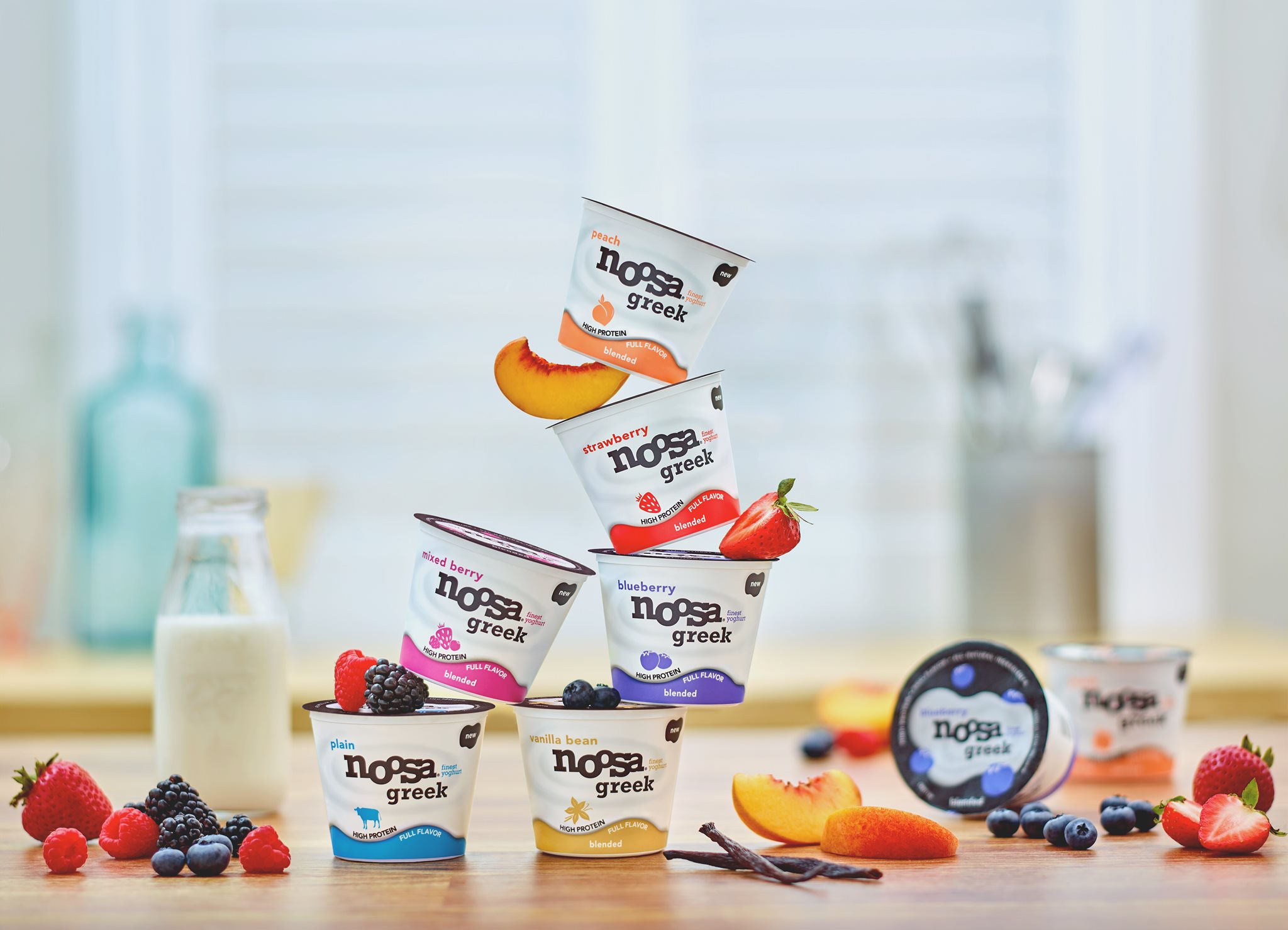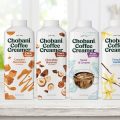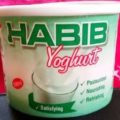Noosa Yogurt is a brand of yogurt known for its creamy texture and rich flavor. It was founded in 2009 and is based in Bellvue, Colorado, United States. Noosa is particularly known for its Australian-style yogurt, which is inspired by the founder’s Australian heritage.
Noosa Yogurt is made from whole milk and infused with a variety of flavors, such as honey, fruit purees, and other natural ingredients. The yogurt is strained to remove excess whey, resulting in a thick and velvety texture. It is also known for its distinctive tartness, which sets it apart from other yogurt brands.
The brand has gained popularity in the United States and is widely available in grocery stores across the country. In addition to their signature flavors, Noosa also offers limited-edition seasonal flavors, providing a wide range of options for yogurt enthusiasts.
The inspiration for Noosa Yogurt came from Thomae’s childhood memories of the creamy yogurt she enjoyed in Noosa, a coastal town in Australia.
What sets Noosa Yogurt apart is its Australian-style yogurt, which is made with whole milk and a proprietary blend of ingredients. It undergoes a slow, small-batch culturing process that results in a thick and velvety texture. Noosa Yogurt is also known for its tangy and slightly sweet taste.
Noosa offers a variety of flavors, including classics like blueberry, strawberry, raspberry, and mango. They also experiment with unique combinations such as coconut, lemon, key lime, salted caramel, and many more. In addition to their regular flavors, Noosa periodically releases limited-edition seasonal flavors to keep things interesting for their customers.
Over the years, Noosa Yogurt has gained popularity and expanded its distribution across the United States. It can be found in many grocery stores and retailers nationwide.
The nutritional profile of Noosa Yogurt based on a typical 6-ounce (170g) serving size is provided below:
| Nutrient | Amount Per Serving (6 oz) |
| Calories | 280-310 |
| Total Fat | 13-16 g |
| Saturated Fat | 8-10 g |
| Cholesterol | 45-55 mg |
| Sodium | 85-100 mg |
| Total Carbohydrate | 30-32 g |
| Dietary Fiber | 0 g |
| Total Sugars | 25-28 g |
| Protein | 10-12 g |
| Calcium | 240-280 mg |
Please note that the values provided are approximate and may vary depending on the specific flavor and variety of Noosa Yogurt chosen. It’s always advisable to check the nutrition label of the particular product you’re interested in for accurate and up-to-date information on its nutritional profile.
Is Noosa Yogurt Healthy?
Yogurt has long been celebrated for its nutritional value and potential health benefits. Noosa Yogurt, with its creamy texture and unique flavors, has gained popularity among yogurt enthusiasts. However, is Noosa Yogurt a healthy choice? In this article, we will delve into the nutritional profile and benefits of Noosa Yogurt to help you make an informed decision about incorporating it into your diet.
Nutritional Content: Noosa Yogurt is made with whole milk, which provides essential nutrients such as protein, calcium, and vitamins. However, it’s important to note that whole milk yogurt tends to have higher fat content compared to low-fat or non-fat varieties. A 6-ounce (170g) serving of Noosa Yogurt typically contains around 280-310 calories, 13-16 grams of fat, 30-32 grams of carbohydrates, and 10-12 grams of protein. The specific values may vary depending on the flavor and variety chosen.
Probiotics and Gut Health: One of the notable health benefits of yogurt is its content of live and active cultures, also known as probiotics. Probiotics are beneficial bacteria that can support a healthy gut microbiome, aid digestion, and contribute to overall gut health. While Noosa Yogurt does contain live and active cultures, it’s important to note that the specific strains and quantities of probiotics may vary. Checking the product label or reaching out to the manufacturer for details can help you assess the probiotic content of a specific Noosa Yogurt flavor.
Added Sugars: Some flavors of Noosa Yogurt contain added sugars, which can contribute to excess calorie intake and may not be ideal for individuals looking to reduce their sugar consumption. It is advisable to check the nutrition label and choose flavors with lower added sugar content or opt for plain Noosa Yogurt and add natural sweeteners or fresh fruits yourself. This allows you to have more control over the overall sugar content.
Dietary Considerations: The suitability of Noosa Yogurt in a healthy diet depends on individual dietary needs and goals. If you are looking to manage weight or reduce fat intake, you might consider opting for lower-fat yogurt varieties. However, if you are seeking a higher-calorie or higher-fat option to support your nutritional requirements, Noosa Yogurt made with whole milk can be a viable choice.
Incorporating Noosa Yogurt
Noosa Yogurt can be a nutritious addition to a balanced diet when consumed in moderation. It can provide essential nutrients, and probiotics for gut health, and be a satisfying snack or part of a meal. If you choose Noosa Yogurt, consider pairing it with fresh fruits, nuts, or seeds to enhance its nutritional value and add extra texture and flavor.
Conclusion
Noosa Yogurt, with its creamy texture and unique flavors, can be a healthy choice when consumed as part of a well-rounded diet. It offers the benefits of whole milk, including protein and calcium, along with potential probiotic advantages. However, it’s important to consider factors such as added sugars and individual dietary needs when selecting flavors and portion sizes. As with any food, moderation, and balance are key to maintaining a healthy lifestyle.





